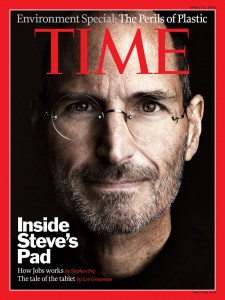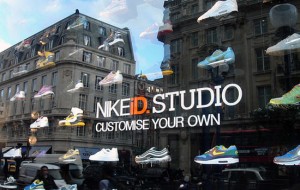 Recently, a new policy is released by Yahoo. The policy forces managers to rank employees on a bell curve, then those who at the low end will be a tragic. They will get fired by Yahoo. This new policy, as part of Yahoo’s human resources management, has exerted great pressure to Yahoo’s employees.
Recently, a new policy is released by Yahoo. The policy forces managers to rank employees on a bell curve, then those who at the low end will be a tragic. They will get fired by Yahoo. This new policy, as part of Yahoo’s human resources management, has exerted great pressure to Yahoo’s employees.
However, from my perspective, the ranking system is a risky human resource tactic. Employee performance can not be simply evaluated by a curve. Sometimes it does not even follow a bell curve at all. Outcomes vary from different criteria. Though a bit pressure can motivate employees, constantly putting people under great pressure will lower their motivation as well as productivity. In reality, well-performing companies are less likely to evaluate their employees via ranking. They tend to evaluate employee performance comprehensively, which is also more fair to them. Thus, corporate as Yahoo should aim to create its own organizational culture to motivate its employees rather than take advantage of a ranking system which has fallen out of favor.
article source: http://www.businessweek.com/articles/2013-11-12/yahoos-latest-hr-disaster-ranking-workers-on-a-curve#r=most%20popular









